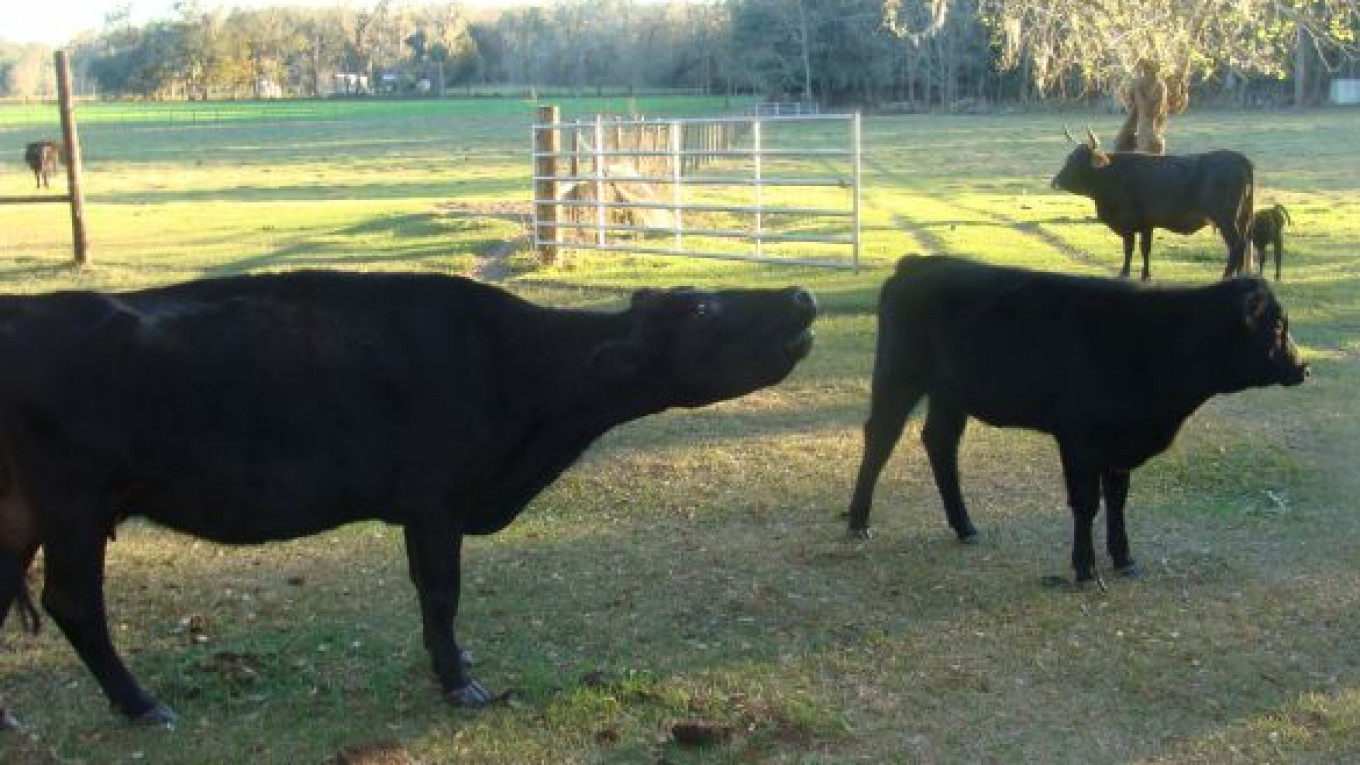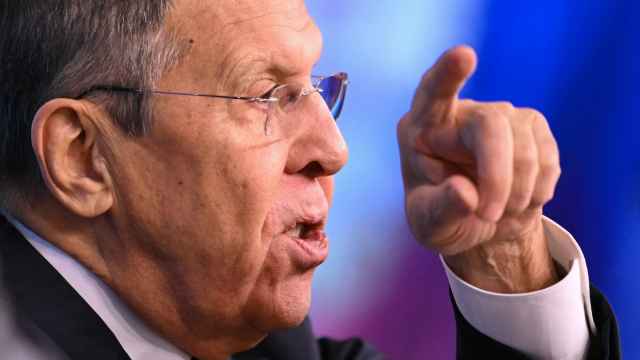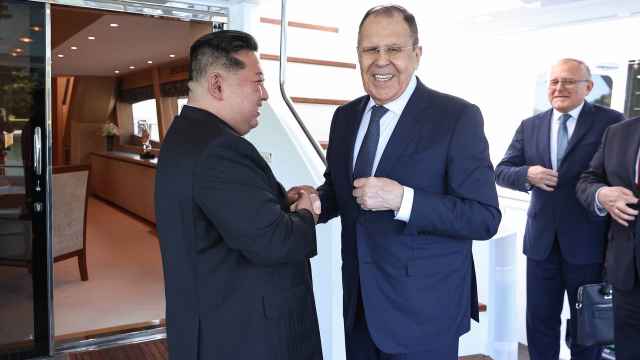The right species of foreign agent can get incentives to prosper and propagate in Russia, as shown by a deal announced Thursday.
A unit of state-controlled lender Sberbank said it agreed to loan 1 billion rubles ($33 million) to an agricultural company for expanding its herd of U.S. bovines.
Owned by Miratorg Agribusiness Holding, the herd of 12,000 meat cows and bulls from Arkansas grazes in the country's westernmost region of Kaliningrad on the Baltic Sea.
One of Russia's largest agricultural investors, Miratorg brought in the first shipment of the Aberdeen Angus cattle to the region in December.
A unique long term loan is allowing a local agricultural investor to expand its herd of American bovine.
It also runs the country's biggest beef farm near Bryansk, where the Aberdeen Angus herd consists of more than 60,000 head.
Miratorg is betting on the government's plan to reduce dependence on foreign agricultural products. Russia is now the world's biggest beef importer, with an annual bill of $3 billion.
The loan sets a milestone for the farming industry. It's the first time an agricultural company borrowed for a period of 15 years.
Enabling these sort of long-term loans, the Cabinet in December extended to as many years the time period for which it will refund the interest paid on them.
"The fact … allows us to feel more confident when carrying out major projects with long production cycles," Miratorg President Viktor Linnik said in a statement.
There have been cattle imports by other farms around Russia, and U.S. breeder Darrell Stevenson even set up a ranch to facilitate the animal immigrants infiltration of local pastures.
The enthusiasm about U.S. livestock came before Russia banned imports of U.S. beef — as well as pork and chicken — in February, saying it didn't like the use of feed additive ractopamine.
The government is unlikely to lift the restriction soon, as some observers believe the measure relates more to politics than to safety issues. It may have been retaliation for recent U.S. legislation that punishes Russian officials implicated in human rights violations.
Contact the author at [email protected]
A Message from The Moscow Times:
Dear readers,
We are facing unprecedented challenges. Russia's Prosecutor General's Office has designated The Moscow Times as an "undesirable" organization, criminalizing our work and putting our staff at risk of prosecution. This follows our earlier unjust labeling as a "foreign agent."
These actions are direct attempts to silence independent journalism in Russia. The authorities claim our work "discredits the decisions of the Russian leadership." We see things differently: we strive to provide accurate, unbiased reporting on Russia.
We, the journalists of The Moscow Times, refuse to be silenced. But to continue our work, we need your help.
Your support, no matter how small, makes a world of difference. If you can, please support us monthly starting from just $2. It's quick to set up, and every contribution makes a significant impact.
By supporting The Moscow Times, you're defending open, independent journalism in the face of repression. Thank you for standing with us.
Remind me later.






